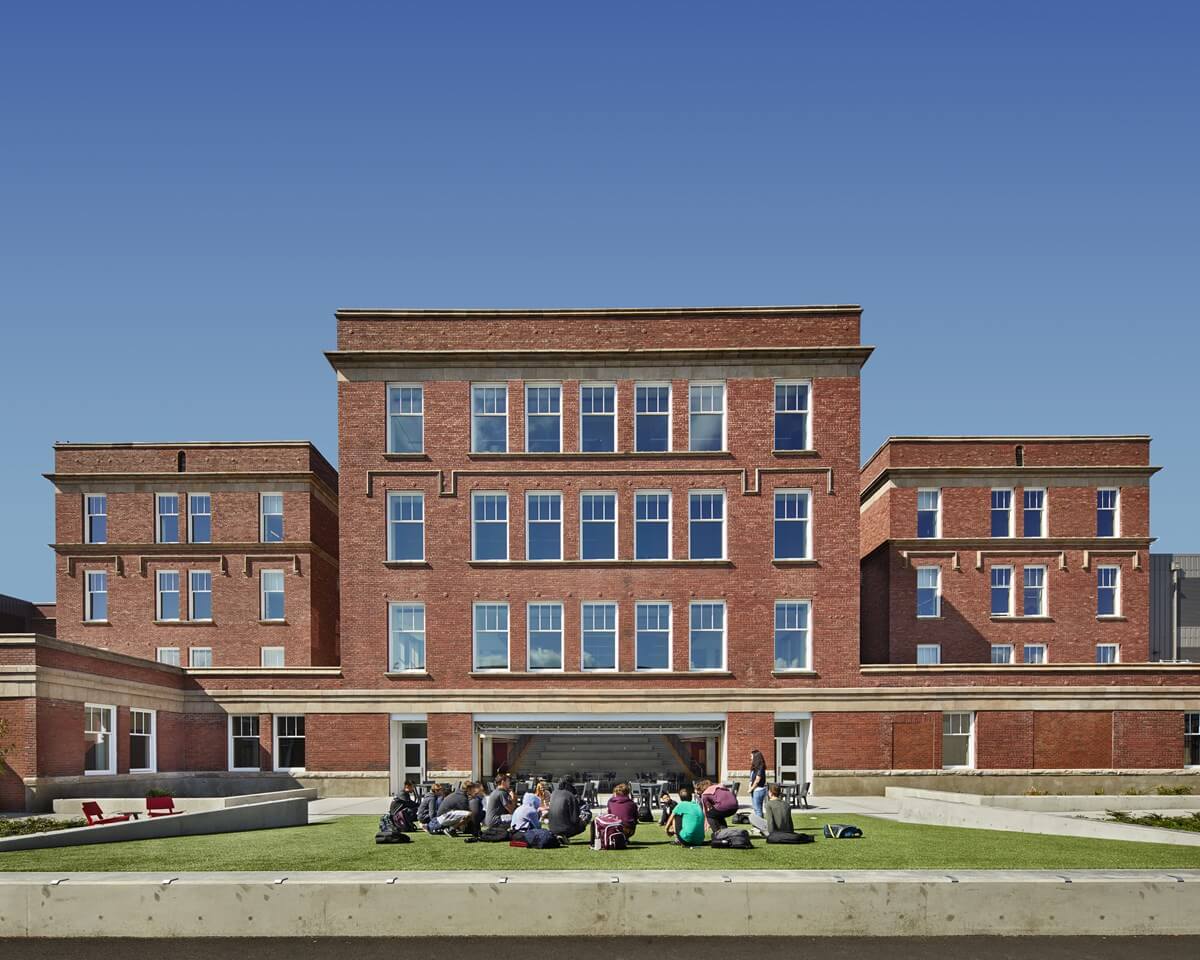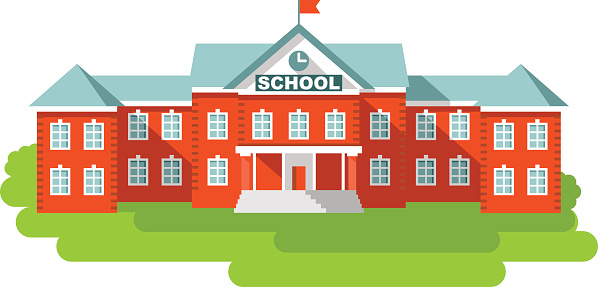Exactly How You Can Help Save Temecula Schools for Future Generations
Exactly How You Can Help Save Temecula Schools for Future Generations
Blog Article
The Impact of College Environments on Academic Success and Personal Well-Being
The school environment significantly influences both scholastic success and personal wellness, including elements such as physical format, class environment, and social characteristics. The layout of educational areas, including all-natural lights and ergonomic furniture, can boost trainees' focus and convenience. Moreover, the high quality of teacher-student relationships and the nature of peer communications play pivotal roles in promoting an environment for discovering and emotional support. Understanding how these different variables interaction to shape pupil results increases important concerns about enhancing academic settings for alternative growth. Just how can institutions tactically improve these elements to better sustain their pupils?
Physical Layout and Style
Exactly how does the physical design and design of a school influence scholastic success? The arrangement and visual of a college atmosphere can significantly influence trainees' discovering results.
Natural illumination and reliable air flow systems are essential in boosting cognitive feature and minimizing absence. Research studies have revealed that class with ample all-natural light boost pupil focus and lower feelings of sleepiness. Additionally, ergonomic furniture customized to trainees' requirements can prevent physical pain, enabling long term emphasis and interaction in academic tasks.
Access to outside areas and visually pleasing environments also play a vital duty - Save Temecula Schools. Environment-friendly rooms and well-kept college grounds give possibilities for exercise and mental leisure, both of which are very important for maintaining high degrees of academic efficiency. Fundamentally, a thoughtfully created physical environment can serve as a driver for scholastic excellence, promoting an atmosphere that sustains both mentor and discovering
Classroom Environment
An atmosphere that cultivates a feeling of security, inclusivity, and common respect motivates pupils to engage more proactively in their understanding procedures. The atmosphere of a class, consisting of elements such as lights, noise levels, and seating plans, can substantially influence trainee concentration and inspiration.
Moreover, the classroom atmosphere should support a society of partnership and open communication. They are much more likely to involve deeply with the product and establish important thinking skills when trainees really feel comfy revealing their concepts and asking questions. Peer communications and group tasks can improve learning by offering varied point of views and fostering synergy
Furthermore, establishing clear expectations and regular regimens can create a structured setting that enables trainees to concentrate on their studies. By reducing unpredictability and providing a foreseeable structure, students can better manage their time and obligations. Inevitably, a favorable classroom ambience not only enhances academic efficiency yet also adds to the overall health of trainees, preparing them for future academic and personal undertakings.
Teacher-Student Relationships
Building on the relevance of a positive class atmosphere, the partnerships between instructors and trainees play a pivotal function in shaping academic success. A healthy teacher-student connection promotes a discovering environment where trainees feel valued, comprehended, and sustained, which hop over to these guys significantly improves their motivation and interaction. When trainees view their teachers as compassionate and friendly, they are more probable to participate proactively in class and look for aid when required, adding to a much deeper understanding of the subject matter.

Reliable interaction is essential to supporting these connections. Educators who employ open, respectful, and regular communication produce a structure of trust. This depend on makes it possible for students to reveal their issues and concepts easily, cultivating a collective learning setting. Basically, solid teacher-student connections are a foundation of academic success, playing a critical role in both academic accomplishment and personal growth.
Peer Communications
Peer communications considerably influence academic success by shaping a student's cognitive and social development. Within the school atmosphere, peer relationships act as a fundamental part for learning and personal development. Favorable peer interactions can enhance a trainee's motivation and involvement in scholastic tasks via joint understanding and mutual support. When trainees collaborate in team setups, they exchange ideas, address issues collectively, and develop critical thinking abilities. Such interactions promote a sense of belonging and neighborhood, which is important for emotional health and academic willpower.

Efficient peer interactions likewise add to the development of essential life abilities, such as cooperation, dispute, and interaction resolution. These social proficiencies are vital for both scholastic success and individual well-being, underscoring the importance of fostering favorable peer dynamics within the college atmosphere.
After-school Activities
Engaging in extracurricular activities plays a crucial duty in a trainee's scholastic success and personal development. Research constantly suggests that pupils that take part in extracurricular activities tend to accomplish higher academic performance.
Additionally, extracurricular involvement cultivates a sense of belonging and neighborhood, which is essential for individual wellness. Getting involved in group activities enables students to build and enhance socials media, boosting their social and psychological knowledge. These communications are critical for establishing social abilities that are valuable in both future and academic specialist environments.
Additionally, after-school activities supply a useful outlet for students to explore their passions and interests past the typical curriculum. This expedition can result in the discovery of brand-new skills and potential job courses, further motivating trainees to engage more deeply in their scholastic work. In conclusion, the role of extracurricular tasks extends past mere entertainment; they are essential to cultivating an alternative academic experience that promotes both academic success and individual development.
Final Thought
Thoughtfully developed physical layouts and class, along with favorable teacher-student partnerships and useful peer communications, considerably enhance pupil inspiration and interaction. These components collectively emphasize the value of developing and keeping optimum institution environments for the advantage of trainees' individual and scholastic development.
Inevitably, a positive class environment not only boosts academic efficiency however likewise contributes to the general wellness of pupils, preparing them for future educational and individual undertakings.

Report this page